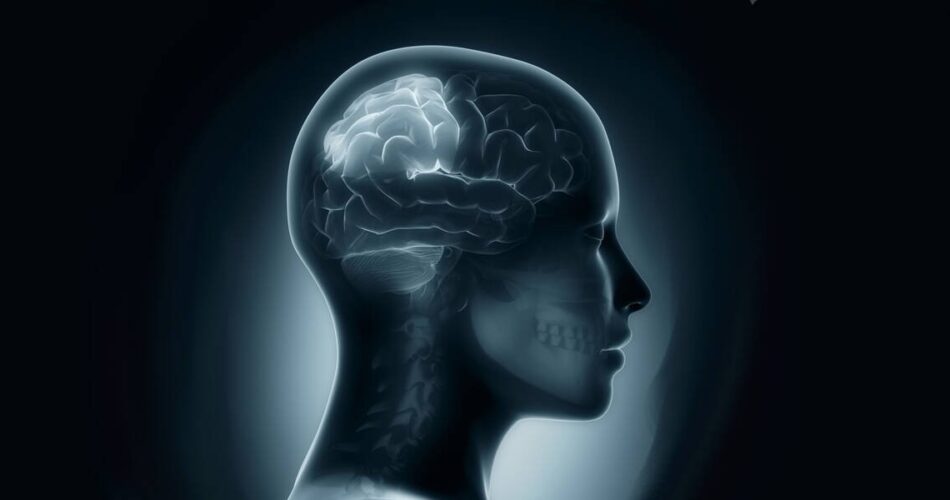Publicity-shy self-proclaimed technoking Elon Musk reluctantly hit the headlines last week as his brain wiring startup Neuralink launched recruitment for clinical trials.
An online ad (screenshots here and here) was looking for someone to “lead and help build the team responsible for enabling Neuralink’s clinical research activities and developing the regulatory interactions that come with a fast-paced and ever-evolving environment.”
The Musk-backed startup claims to be building the “future of brain interfaces… that will help people with paralysis and inventing new technologies that will expand our abilities, our community, and our world.”
The technology is based around a “neural implant that will let you control a computer or mobile device anywhere you go.”
Fitted into the skull, the implant will connect “micron-scale threads [that] are inserted into areas of the brain that control movement” and can be charged wirelessly.
Neuralink achievements include a demo that appears to show a monkey playing the video game Pong with its mind.
Publicity surrounding the development of clinical trials of the technology saw the resurfacing of a Neuralink presentation from August 2020 in which Musk, the world’s richest person with a personal fortune of something like $242bn, made some outlandish claims about probably long-term capabilities of Neuralink.
Responding to a question from a Twitter user, Musk ad-libbed: “I think in the future you will be able to save and replay memories. This is obviously sounding increasingly like a Black Mirror episode. But well, I guess they’re pretty good at predicting.”
He said that with the interface active across the brain “everything that’s encoded in memory, you could upload you could basically store your memories as a backup and restore the memories. And ultimately, you could potentially download them into a new body or into a robot body. The future is going to be weird.”
The weirdness of the future (or the present for that matter) aside, the reporting of Musk’s comments has sparked some criticism in the scientific community. Anyone familiar with the South African’s relationship with reality will not be surprised to learn their conclusion was that his predictions are unlikely to come to pass.
The interesting point is why, and what it reveals about how the tech elite might fundamentally misunderstand the brain.
Tim Verstynen, associate professor of cognitive neuroscience at Carnegie Mellon University, took to Twitter to post a “back of the envelope calculation” to explain why exactly Musk’s claims were so far-fetched.
Keen readers can look at the calculation here, but briefly, it points out there are approximately 1015 synapses in the human brain.
“If we binarize each synapse [neural connections] to a bit (they are not bits), then that’s a *lower bound* of 1015 bits of information in the average human brain,” he said.
But modelling a brain would need the location of each synapse requiring a similar amount of information, putting the amount of data in the brain at around 2015 bits, about a petabyte of data for each moment.
That’s an absolute minimum and doesn’t account for the fact there is an “incredibly complex molecular system within a neuron” and doesn’t account for glia, another class of neural system cells known to process information. The estimate does not account for the fact that the brain is dynamic, and memories contain several moments in time.
Even extrapolating additional complexity out of the human brain and simply accounting for synapses, you’re looking at an estimate of exabytes of information every second, he later told The Register.
“The area that I’m in is known as cognitive computational neuroscience. We’ve been thinking a lot in the field, about information capacities of neural systems, what patterns are representations of the world? What are memories? These are all kinds of big topics we discuss a lot.
“From the outside looking in, it’s very easy to underestimate the scope of the problem of understanding the brain or parts of the brain in general. In this case, Musk’s comment about uploading and downloading memories, it sounds trivial and simple in a lot of ways, but it’s vastly complex,” Verstynen said.
Even though the work on a brain interface had progressed, such that some experiments showed people able to control prosthetic arms via such a device, downloading memories is still difficult to imagine.
The problem is, thinking of the brain as a computer at all is kind of barking up the wrong tree.
“The more I learned about the brain more I also realized how little we know,” Verstynen said. “I think the computer metaphor has probably served its purpose already and is no longer a properly fitting metaphor for the brain.
“We kind of think about the brain as this modular thing where there’s a part that processes digital information, another part that makes decisions about objects and so on and we put it together as if we’re jerry-rigging computer programs like we use to build artificial intelligence programs.”
“I’ve been doing research in the brain for about 23 years now and over that time it’s become very clear that that’s not a perfect description of what’s actually happening,” he said.
“It’s more like a chaotic attractor system. It has very nonlinear properties. And whenever we try to use computational metaphors to understand the brain, those metaphors kind of constrain the way we understand the system. These tech leaders are trying to get into the field of neuroscience by holding on to the computer metaphor of uploading or downloading memories, thinking that the idea that memory in my head is the same as a memory on my computer chip. That shows people are adopting the constraints of the metaphor, not the constraints of the brain,” he said.
Other commentators were a little more blunt about Musk’s claim that Neuralink would be able to download human memories. UK geneticist, UCL research associate and science writer Adam Rutherford also took to Twitter to say: “Absolute balls. This is god-level cockwaffle, typical of the manballs beloved of these ignorant dorks.”
We asked Neuralink to comment. ®



